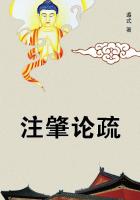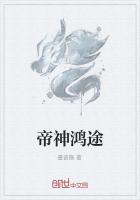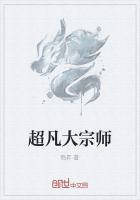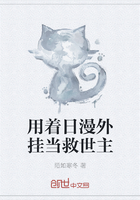But the same foundation for an immutable morality that Clarke sought for in the human intellect, others sought for in a peculiar instinct of our nature. Thus Lord Shaftesbury postulated the existence of a moral sense, sufficient of itself to make us eschew vice and follow after virtue; and this moral sense, or primitive instinct for good, was implanted in us by nature, and carried its own authority with it. It judged of actions by reference to a certain harmony between our affections, and this harmony had a real existence, independent of' all fashion and caprice, like harmony in music. As symmetry and proportion were founded in nature, howsoever barbarous might be men's tastes in the arts, so, in morals, an equally real harmony always presented a fixed standard for our guidance.
This idea of a Moral Sense as the source and standard of our moral sentiments was so far developed by Hutcheson, that time Moral Sense theory of ethics had been more generally connected with his name than with that of its real originator. Hutcheson argued that as we have external senses which perceive sounds and colours, so we have internal senses which perceive moral excellence and the contrary. This moral sense had its analogues in our sense of beauty and harmony, our sympathetic sense, our sense of honour, of decency, and so forth. It was a primitive faculty of our nature, a factor incapable of resolution into ******r elements. It could not, for instance, be resolved into a perception of utility, for bad actions were often as useful as good ones and yet failed to meet with approbation, nor could it be explained as a mode of sympathy, for we might morally approve even of the virtues which our enemies manifested.
Bishop Butler, like his contemporary, Hutcheson, also followed Lord Shaftesbury in seeking in our natural instincts the origin of our moral ideas, Conscience with him taking the place of the Moral Sense, from its being possessed, as he thought, of a more authoritative character. Conscience, ac- cording to Butler, was a faculty natural to man, in virtue of which he was a moral agent; a faculty or principle of the human heart, in kind and nature supreme over all others, and bearing its own authority For being so. Using language about it, which we meet again in the Theory of Adam Smith, he spoke of it as "God's viceroy," "the voice of God within us," " the guide assigned to us by the Author of our nature." The obligation to obey it therefore rested in the fact of its being the law of our nature.
It could no more be doubted that shame was given us to prevent our doing wrong than that our eyes were given us to see with.
It was at this point that Adam Smith offered his solution of the difficulty.
For call it Conscience, Moral Sense, or what you will, such expressions are evidently only re-statements of the problem to be explained. To call the fact of moral approbation by such terms was simply to give it other names; and to say that our conscience or moral sense admitted of no analysis was equivalent to saying that our moral sentiments admitted of no explanation.
Adam Smith's theory must therefore be understood as an attempt to explain what the Intuitionalist school really gave up as inexplicable; and it represents the reaction against that a priori method which they had employed in dealing with moral problems. In that reaction, and in his appeal to the facts of experience, Adam Smith followed the lead of both Hartley and Hume. Ten years before him, time former, in his Observations on Man , had sought to explain the existence of the moral sense, by tracing it back to its lowest terms in the pleasures and pains of ****** sensation, and marking its growth in the gradual association of our ideas. And Hume, a few years later, sought to discover "the universal principle from which all censure or approbation was ultimately derived" by the experimental method of inquiry ; by comparing, that is, a number of instances of qualities held estimable on the one hand and qualities held blameable on the other, and observing what was the common element of each. From such an inquiry he inferred that those acts were good which were useful and those bad which were injurious, and that the fact of their being useful or injurious was the cause of their goodness or badness.
Thus it will be seen that the question of chief interest in Adam Smith's time was widely different from that which had divided the schools of antiquity.
The aim or chief good of life which chiefly occupied them had receded into the back- ground; and the controversy concerned, as Hume declared, "the general foundation of morals," whether they were derived from Reason or from Sentiment, whether they were arrived at by a chain of argument and process of reasoning or by a certain immediate feeling and internal sense.
But round this central question of the origin of our feelings of moral approbation other questions of considerable interest were necessarily grouped.
There was the question of the authority and sanction of our moral sentiments, independently of their origin; and there was the question of the ultimate standard or test of moral actions. And these questions involved yet others, as for example: What was the relation of morality to religion? How far did they necessarily coincide, and how far were they independent of each other? Was human nature really corrupt, and to what degree were the ordinary sanctions of this life a sufficient safeguard for the existence of morality?
Did happiness or misery, good or evil, really predominate in the world;and was there such a thing as disinterested benevolence, or might all virtue be resolved into self-love and be really only vice under cloak and concealment?


